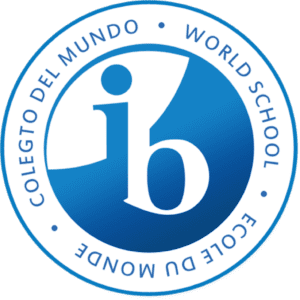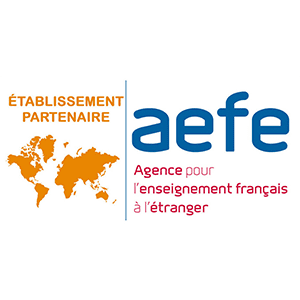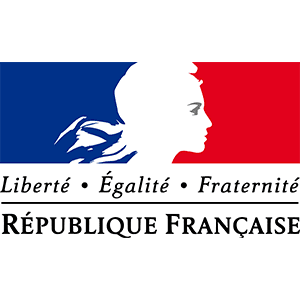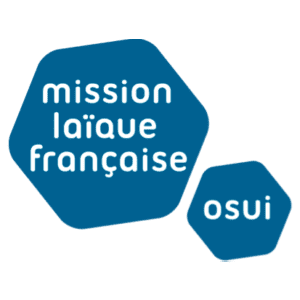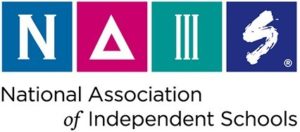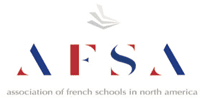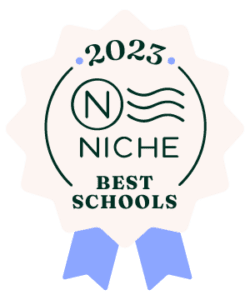Summer Travel Plans…?
At Tessa International School, we make it our mission to prepare our students to be leaders of the 21st century and happy world citizens. During the summer months, traveling with your children can be a great way to introduce them to the diversity beyond our borders.
Traveling with your children can be a fun and very educational way to broaden their mindsets. When you travel with your children, you are allowing them to observe and experience new places, languages, foods, and cultures first-hand. At Tessa International School, we strongly believe in preparing our children to embrace the world with enthusiasm, confidence, and the strong will to make a difference. Traveling is one of the key ways to help develop their open-mindedness, curiosity, flexibility, independence and many other skills at an early age that are necessary for them to succeed in our highly interconnected and globalized world. Raising global children means sending them off into the world better prepared to tackle the issues of the 21st century.
Here are our top five reasons to travel with your kids:
- It is a great way to spend valuable time together as a family. There is no better way to show your child that you care than to spend time together. Travelling will certainly leave you with some remarkable photos and unforgettable memories!
- It broadens your child’s mindset and perspective of the world. It is amazing how quickly children catch on to subtle differences in their environment. Travelling presents a wonderful opportunity to spark their curiosity and imagination.
- Travel allows your child to develop their self-esteem, confidence and independence. Exposing your children to new and different cultures will undoubtedly teach them new things. It will also a great way to strengthen their character and discover who they are and where they come from.
- It teaches them to embrace diversity. Meeting new people, listening to foreign languages, and trying new foods are all great experiences that showcase the differences in our cultures. Celebrate the diversity!
- Before you know it, your child will become a seasoned traveler. You may be hesitant to take your little one along for the vacation, however, it is an excellent way to set expectations and let them grow accustomed to what is expected of them on travel days.
It’s never too early to start exploring the world with your little one. Visit our website to learn more about our world class curriculum and language immersion programs in either French or Spanish. At Tessa, we understand the importance of preparing our children to take on whatever challenges life throws at them and embrace global opportunities with enthusiasm and confidence. RSVP to join us at our next information session or call us to schedule an appointment at (201) 755-5585.
Safe travels and we look forward to meeting you and your family soon!






